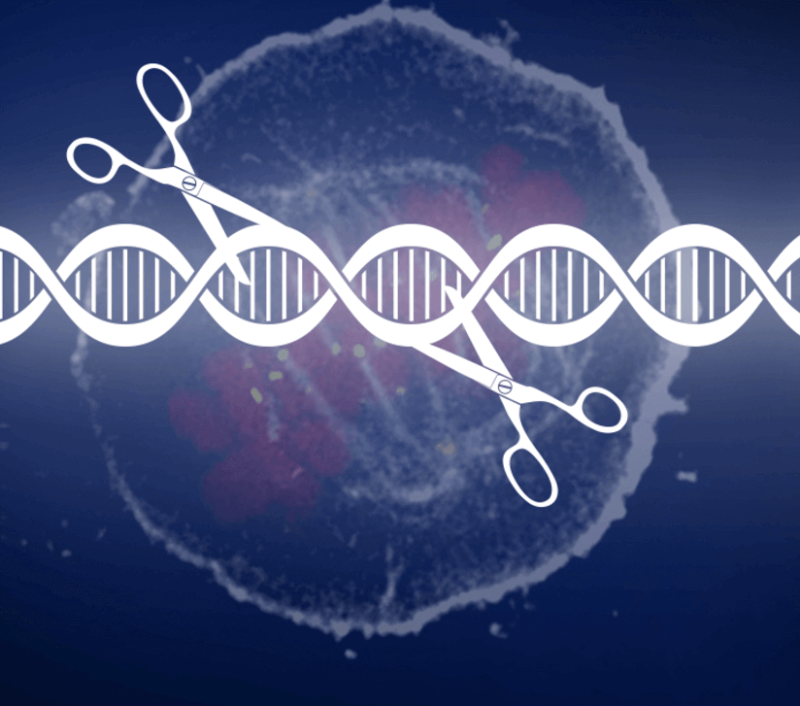One thing cells must do in order to become cancerous is to overthrow the normal checks on their growth. As a part of this process, the stringent controls on things like copying and repairing DNA start to break down. As a result, tumors often contain chromosomal rearrangements, which are places where genes are cut and pasted back together in ways that they shouldn’t be.
A group of researchers at the University of Pittsburgh School of Medicine just took advantage of this specificity by targeting the fusion genes to attack cancer cells and take them down.
…
Current cancer therapeutics often rely on interrupting the signaling pathways that drive tumor growth and are thus almost begging the tumor to develop resistance. Since fusion-gene breakpoints may not be cancer drivers, using them to target tumor cells might not induce resistance in the same way. And even if using breakpoints does, some other bit of DNA damage in the tumors can just be targeted, as long as one can be identified. Since the DNA damage is so highly specific, targeting it with drugs doesn’t generate the nasty side effects that result when drugs run afoul of normal cells instead of just cancer cells.
Since chromosomal breakpoints may differ among people—and even among different tumors in the same person—this would be a highly individualized therapy. But if it is technically feasible, it might hold promise.
The GLP aggregated and excerpted this blog/article to reflect the diversity of news, opinion, and analysis. Read full, original post: DNA damage in cancer cells targeted to kill them































